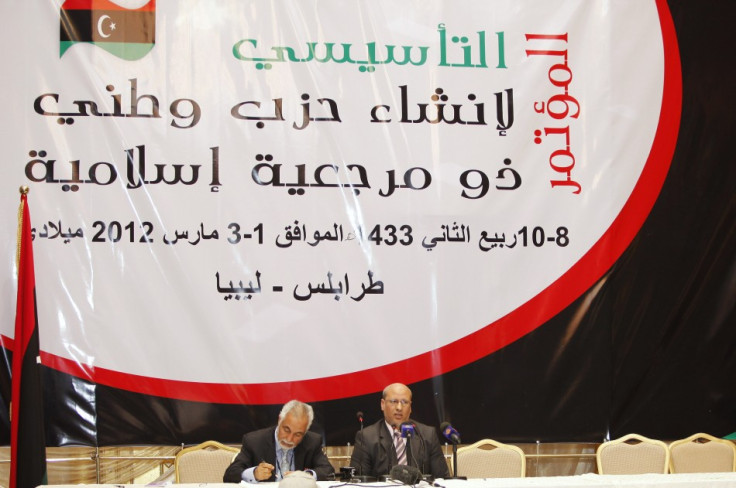Libyan Muslim Brotherhood Follows Egypt Example

Libya's Muslim Brotherhood is following in the footsteps of its fellow Egyptian organisation after announcing plans to establish a political party.
The underground organisation is set to become one of the key political players in post-Gaddafi Libya.
Islamists and secular parties are set to compete in June elections for seats in a national assembly that will draft a new constitution for the country.
Lamine Belhadj, who headed the committee working to set up the new party, told Reuters that the Muslim Brotherhood's political wing would bring together Islamists and independents.
"This is the founding conference of a national, civil party with an Islamic frame of reference. It is being established by the Muslim Brotherhood and many independents who are not affiliated with any Islamic organisations," he said at a conference in Triopli focusing on creating the party.
Belhadj is a senior official in the National Transitional Council (NTC) and a member of the commission responsible for organising the elections.
The new party has been named Al-Adalaa Wa Al-Beena, or the Justice and Development Party, and its members have chosen Mohamed Hassan Sowan as their leader.
After Egytian leader Hosni Mubarak stepped down last year, the Egyptian Muslim Brotherhood established the Freedom and Justice Party, which has emerged as the leading political bloc in the newly elected parliament.
Analysts have also linked the Tunisian party Ennahda [Islamic Renaissance Movement] to the Muslim Brotherhood movement in Egypt. The Tunisian political party emerged as the winner of the parliamentary elections that took place in October 2011 after the fall of president Zine al-AbidineBen Ali, who was in power for 23 years.
Members of the Libyan Muslim Brotherhood have insisted that the new political party will be independent of the movement and have its own agenda.
Nevertheless, links between the Muslim Brotherhood and Libya's current leaders on the NTC surfaced last year during the uprising that led to the overthrow of Muammar Gaddafi, a dictator who ruled the country with an iron fist for 40 years.
The NTC has repeatedly been accused of being heavily influenced by the Brotherhood, with some of its top members rumoured to be members.
Libya's Muslim Brotherhood was founded in 1949 as an offshoot of the eponymous Egyptian organisation. It was banned by Gaddafi in the 1980s andwasunable to hold public meetings in Libya until November 2011. Its members were often forced to keep their membership secret out of fear of being arrested, tortured or imprisoned.
© Copyright IBTimes 2024. All rights reserved.





